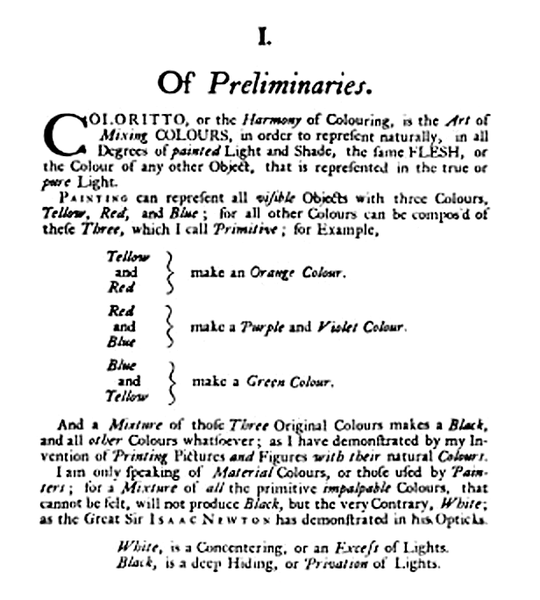Ralph H. Baer (1922–), German born American – video game console
alph Baer (born March 8, 1922) is a German-American video game pioneer,inventor, engineer, known as "The Father of Video Games",[1] who is noted for his many contributions to games and the video game industry. In 2006, he was awarded the National Medal of Technology for inventing the home console for video games and spawning the video game industry.
Life[edit]
When Baer was eleven, he was expelled from school in Germany because of his Jewish ancestry and had to go to an all-Jewish school. His father worked in a shoe factory in Pirmasens at the time. Two months before Kristallnacht, he and his family escaped from Germany.[2][3][4][5][6][7] [8] [9] [10] In America, he was self-taught and worked in a factory for a weekly wage of twelve dollars. He graduated from the National Radio Institute as a radio service technician in 1940. In 1943 he was drafted to fight in World War II, assigned to Military intelligence at the US Army headquarters in London.
Baer graduated with a Bachelor of Science degree in Television Engineering (unique at the time) from the American Television Institute of Technology [11][12]in Chicago in 1949.
In 1949, Baer went to work as chief engineer for a small electro medical equipment firm, Wappler, Inc where he designed and built surgical cutting machines, epilators, and low frequency pulse generating muscle-toning equipment. In 1951, Baer went to work as a senior engineer for Loral Electronics in the Bronx, New York, where he designed power line carrier signaling equipment for IBM. From 1952 to 1956, he worked at Transitron, Inc., in New York City as a chief engineer and later as vice president. He started his own company before joining Sanders Associates in 1956, where he stayed until retiring in 1987.[13]
Baer is best known for leading the development of the Brown Box and Magnavox Odyssey, the first home video game console and his pioneering patented work in establishing video games.[14] He is now partnered with Bob Pelovitz of Acsiom, LLC,[15] and they have been inventing and marketing toy and game ideas since 1983.[16] In 2006, Baer donated all his hardware prototypes and documents to the Smithsonian.[17]
Baer is a Life Senior Member of Institute of Electrical and Electronics Engineers.[18]
Inventions[edit]
Baer started development of the "Brown Box" console video game system and several other prototypes in 1966 for the defense-electronics company Sanders Associates in Nashua, New Hampshire (now part of BAE Systems). In 1971, it was licensed to Magnavox, and after being renamed Magnavox Odyssey, the console was released to the public in 1972. For a time it was Sanders' most profitable line, though many in the company looked down on game development.
Baer created the first light gun and game for home television use, sold grouped with a game expansion pack for the Odyssey, and collectively known as the Shooting Gallery.[16] The light gun itself was the first peripheral for a video game console.
During 1978-79 he with others created three popular electronic games.[19] Simon, an electronic pattern-matching game that was immensely popular from the late 1970s all the way up to the late 1990s.[20] "Super Simon" was released in the same year (1979) as was "Maniac"[19] but by separate manufacturers. Howard J. Morrison was on the design team for both the Simon games, but Baer seems to have invented Maniac alone.
Awards[edit]
In 2005, at G4's video game award show G-Phoria, Baer received a Legend Award for his work in the development of video games.[21]
On February 13, 2006, Baer was given a National Medal of Technology by Former President George W. Bush, in honor of his "groundbreaking and pioneering creation, development and commercialization of interactive video games".[22]
In 2008, Baer received the IEEE Masaru Ibuka Consumer Electronics Award.[23] He received the Pioneer award at GDC on Wednesday, February 20, 2006.
On February 27, 2008, Baer received the 2008 Developers Choice Awards "Pioneer" award. The award recognizes individuals who have contributed the advancement of the videogame industry through technology, concept, or gameplay design.[1]
On April 1, 2010, Baer was inducted into the National Inventors Hall of Fame at a ceremony at the United States Department of Commerce in Washington, D.C.



Comments
Post a Comment